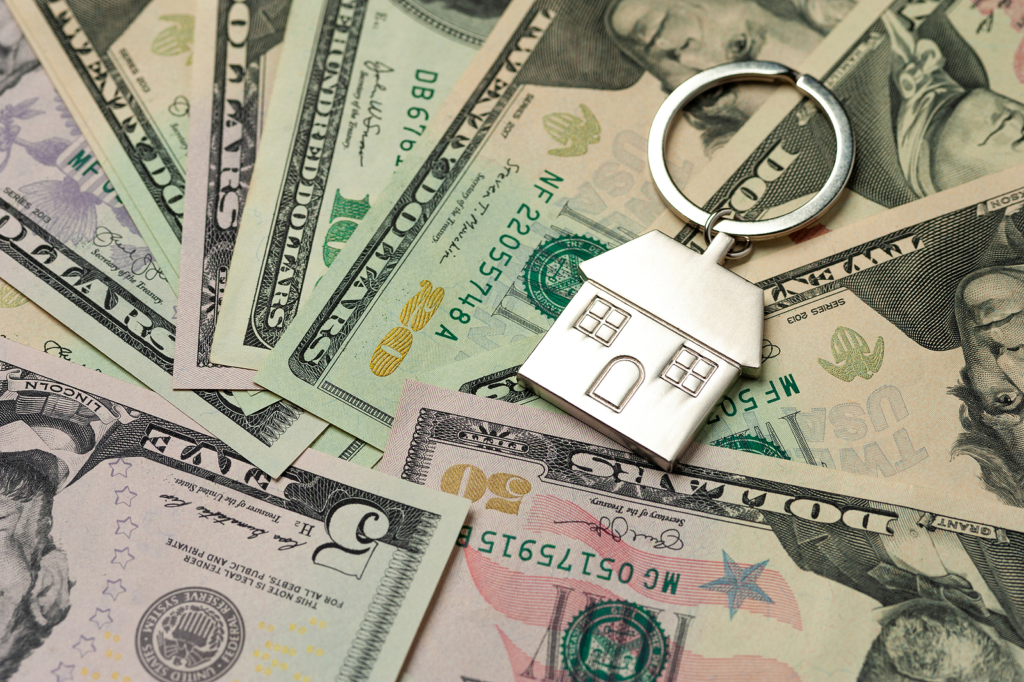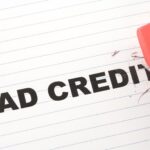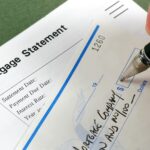
In the United States, we have a long tradition of welcoming non-residents, allowing them to buy and finance real estate here. But for a non-resident, financing real estate can be more difficult. Fortunately, there are loans specifically tailored to foreign nationals, allowing them to get needed mortgage financing for their home or investments in the U.S.
Foreign national mortgage loans, or non-permanent resident loans, can help those who are not residents of the U.S. purchase and finance property here.
Because the large conventional lenders don’t offer these types of loans, they will have different qualification requirements and interest rates than the standard Fannie Mae, Freddie Mac, or government-insured mortgages.
What Are Foreign National Loans?
Conventional and government-insured lending is designed for individuals who live in and work in the United States. They will require a borrower to show proof of income and positive financial history in the U.S. through income tax verification and FICO credit scores. For those who do not live here, however, conventional mortgage lending is simply not an option.
For non-residents, there are lenders and private investors available that offer mortgage lending to individuals who want to purchase and finance property in the U.S. But because there is more risk taking on these kinds of mortgages, foreign national lenders tend to have more stringent qualification criteria, require larger down payments, and typically charge a higher interest rate.
Differences in Income and Credit Verifications
Several different lenders offer foreign national mortgages in the United States, and their qualifying criteria can vary from lender to lender. These lenders offer other means to verify a borrower’s financial ability and creditworthiness to buy property. Because foreign nationals don’t have income or credit scores in the United States, income and credit verification is done differently than conventional verifications.
Those who offer foreign national mortgages still need to ensure that the borrower is able to pay the mortgage and obligations surrounding the property, but they must do that in ways that don’t require tax statement income verifications and credit scores. Depending on the lender, they may accept alternative documentation, such as
- Letters from accounting or auditing firms verifying income for self-employed foreign nationals
- Letters from employers or copies of pay stubs for salaried borrowers
- Reference letters from financial institutions
- Utility bills and other entities from the borrower’s home country showing stellar payment history and verifying residency
- Copies of a borrower’s passport or visa
In some cases, a lender will require that a non-resident borrower set up automatic mortgage payments with their financial institution to ensure monthly payments.
The Advantages and Disadvantages of Foreign National Mortgages
Because foreign national mortgage lenders are not conventional lenders, they can offer far more flexibility in their underwriting guidelines. There will be no income tax statement or FICO credit score requirements. Some lenders offer larger loan amounts, in some cases up to several million dollars, and accept debt to income ratios as high as 50%.
But foreign national mortgages are riskier for lenders. Consequently, depending on the lender, they will often want to see a larger down payment and will charge a more significant interest rate to offset their risk.
Getting Matched With the Right Foreign National Mortgage Lender
Criteria will vary from lender to lender and, depending on your circumstances, you should get experienced assistance to find the right lender for your situation.
At NonQMHomeLoans.com, we offer many options for foreign national borrowers and work closely with them to make sure they get the type of financing that completely meets their individual requirements and needs. Contact us at (800) 413-0240 or apply for a loan easily here.
We are here to help you
in available capital
to get your rate
Low Starting Rates
NATIONWIDE
As Seen On










